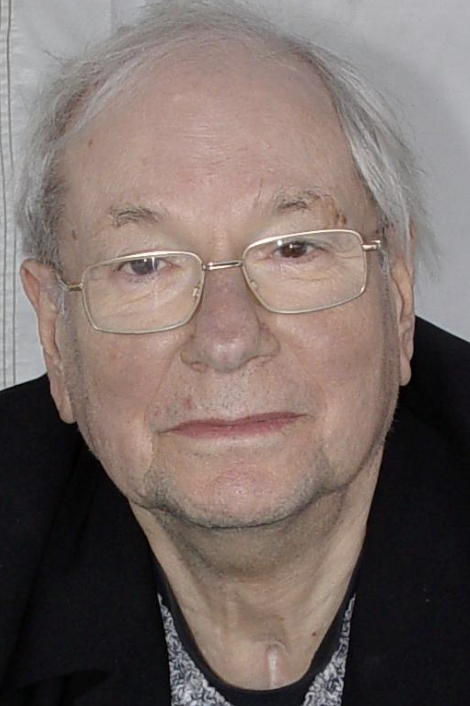On this date in 1930, author and painter Yoram Kaniuk was born in Tel Aviv in the British Mandate of Palestine. His father was the first curator of the Tel Aviv Museum of Art. His godfather, Hayyim Nahman Bialak, was a pioneer of modern Hebrew poetry and his grandfather taught Hebrew and wrote textbooks.
While Kaniuk was still a teen, he served in Israel’s 1948 War of Independence. While serving, he was wounded when an Englishman disguised in a kaffiyeh (headdress) shot him in the legs. This, along with other of Kanuik’s profound experiences, inspired the nearly 30 novels he produced. Some of Kaniuk’s best-known works are Hemo, King of Jerusalem (1948), Confessions of a Good Arab (1984) and His Daughter (1988). His writings focused on the war, the Holocaust and the prospects for peace between Israelis and Palestinians.
Kaniuk spoke out against religious extremism and in 2011 won a legal battle in the district court of Tel Aviv in which he successfully appealed to change the status of his official national identity from Jewish to no religion. He advocated for the freedom of the next generation to identify as Jewish by nationality rather than by religion.
In his final years he battled bone marrow cancer and became fascinated with death. His final novel, Between Life and Death, detailed the four months he spent in a coma near the end of his existence. Upon his death, Kaniuk donated his body to science to avoid ultra-Orthodox funeral rituals.
In 1958 while living in the U.S., Kaniuk married Miranda Baker, a Christian, and returned to Israel with her. They had two daughters, Aya and Naomi. He died of cancer at age 83. (D. 2013)


